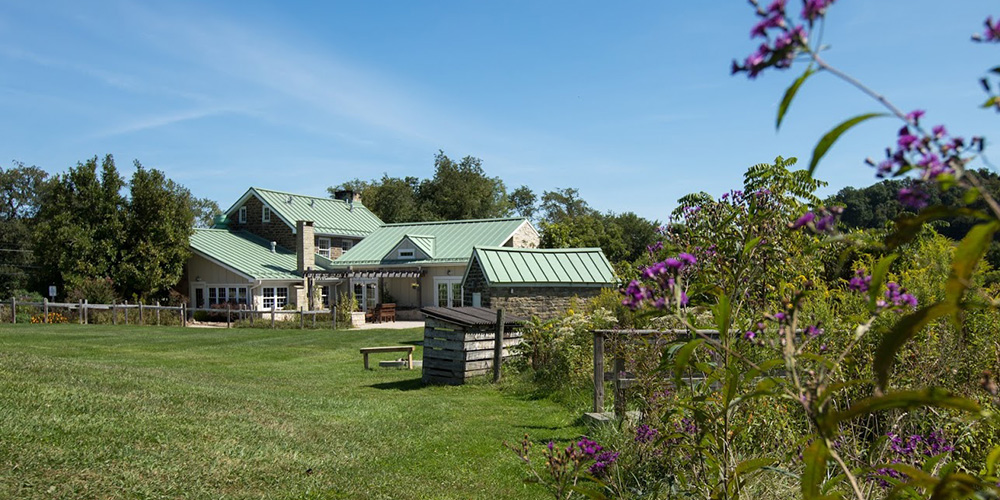About Environmental Science
Develop expertise in a vital, interdisciplinary field to manage our environment.
Pursue a career in environmental science, ecology-related positions or graduate work with the Bachelor of Science in Environmental Studies at PennWest California. This undergraduate degree program in environmental studies offers a broad core of courses in biology and ecology, supplemented with courses in earth sciences, chemistry and mathematics. You'll have the opportunity to specialize in environmental science as your concentration, and to choose from a wide range of electives in order to be well prepared to excel in this sector.
Environmental science is an interdisciplinary field that seeks to apply knowledge from many disciplines to the study and management of the environment. The curriculum provides a foundation in the biological sciences and complements it with an understanding of the physical sciences, chemistry and physics, and a working knowledge of mathematics and statistics so you can effectively work to seek environmental solutions facing society today.
Gain a career advantage with PennWest California's access to internships and research.
Through various methods such as gathering information and data, considering values, and exploring consequences, students gain the tools necessary to effectively evaluate information about environmental issues and make informed decisions. Almost all courses include a laboratory portion, where students study the practical application of the science and learn about scientific technology, instruments and various organisms.
The environmental studies curriculum provides essential field opportunities through internships and undergraduate research projects in the environmental sciences. This core content is enhanced by the breadth of the University's general education requirements. Students also have access to PennWest California's Interdisciplinary Center for Environmental Studies (ICES) and the nearby Student Association Farm.




